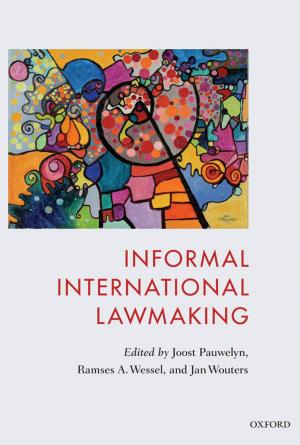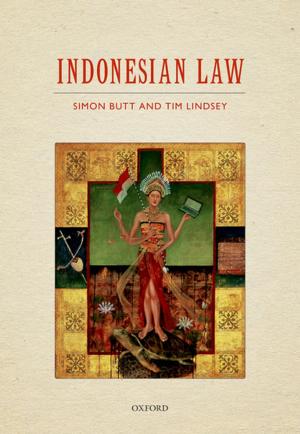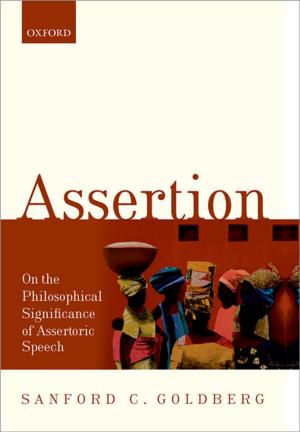Soviet Veterans of the Second World War
A Popular Movement in an Authoritarian Society, 1941-1991
Nonfiction, History, Asian, Russia, Modern, 20th Century| Author: | Mark Edele | ISBN: | 9780191608087 |
| Publisher: | OUP Oxford | Publication: | November 27, 2008 |
| Imprint: | OUP Oxford | Language: | English |
| Author: | Mark Edele |
| ISBN: | 9780191608087 |
| Publisher: | OUP Oxford |
| Publication: | November 27, 2008 |
| Imprint: | OUP Oxford |
| Language: | English |
Millions of Soviet soldiers died in the USSR's struggle for survival against Nazi Germany but millions more returned to Stalin's state after victory. Mark Edele traces the veterans' story from the early post-war years through to the end of the Soviet Union in 1991. He describes in detail the problems they encountered during demobilization, the dysfunctional bureaucracy they had to deal with once back, and the way their reintegration into civilian life worked in practice in one of the most devastated countries of Europe. He pays particular attention to groups with specific problems such as the disabled, former prisoners of war, women soldiers, and youth. The study analyses the old soldiers' long struggle for recognition and the eventual emergence of an organized movement in the years after Stalin's death. The Soviet state at first refused to recognize veterans as a group worthy of special privileges or as an organization. They were not a group conceived of in Marxist-Leninist theory, there was suspicion about their political loyalty, and the leadership worried about the costs of affording a special status to such a large population group. These preconceptions were overcome only after a long, hard struggle by a popular movement that slowly emerged within the strict confines of the authoritarian Soviet regime.
Millions of Soviet soldiers died in the USSR's struggle for survival against Nazi Germany but millions more returned to Stalin's state after victory. Mark Edele traces the veterans' story from the early post-war years through to the end of the Soviet Union in 1991. He describes in detail the problems they encountered during demobilization, the dysfunctional bureaucracy they had to deal with once back, and the way their reintegration into civilian life worked in practice in one of the most devastated countries of Europe. He pays particular attention to groups with specific problems such as the disabled, former prisoners of war, women soldiers, and youth. The study analyses the old soldiers' long struggle for recognition and the eventual emergence of an organized movement in the years after Stalin's death. The Soviet state at first refused to recognize veterans as a group worthy of special privileges or as an organization. They were not a group conceived of in Marxist-Leninist theory, there was suspicion about their political loyalty, and the leadership worried about the costs of affording a special status to such a large population group. These preconceptions were overcome only after a long, hard struggle by a popular movement that slowly emerged within the strict confines of the authoritarian Soviet regime.















